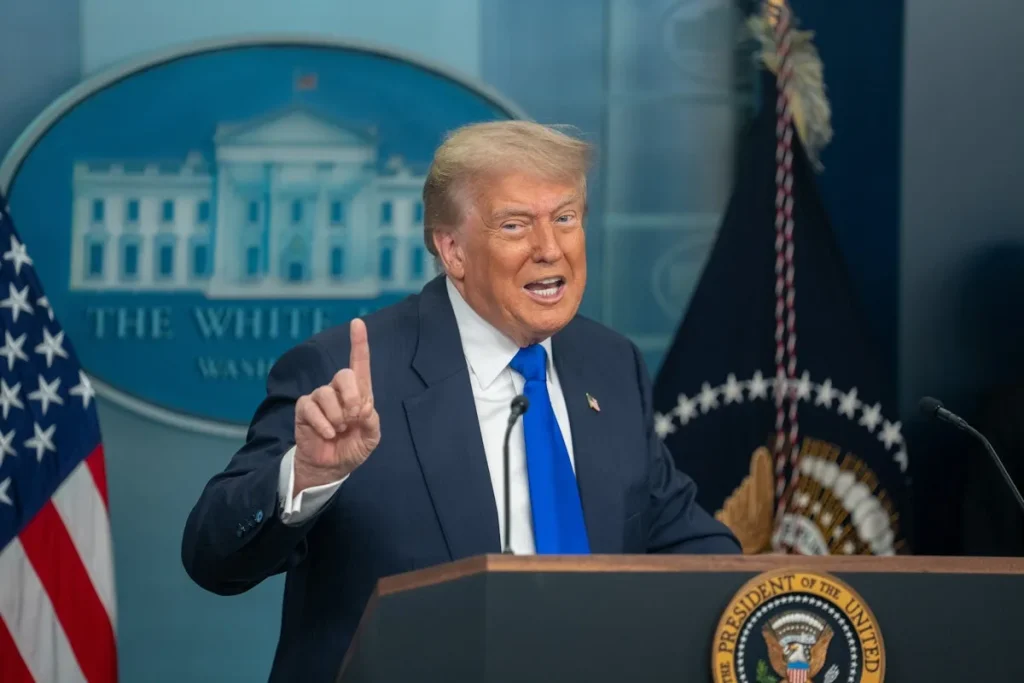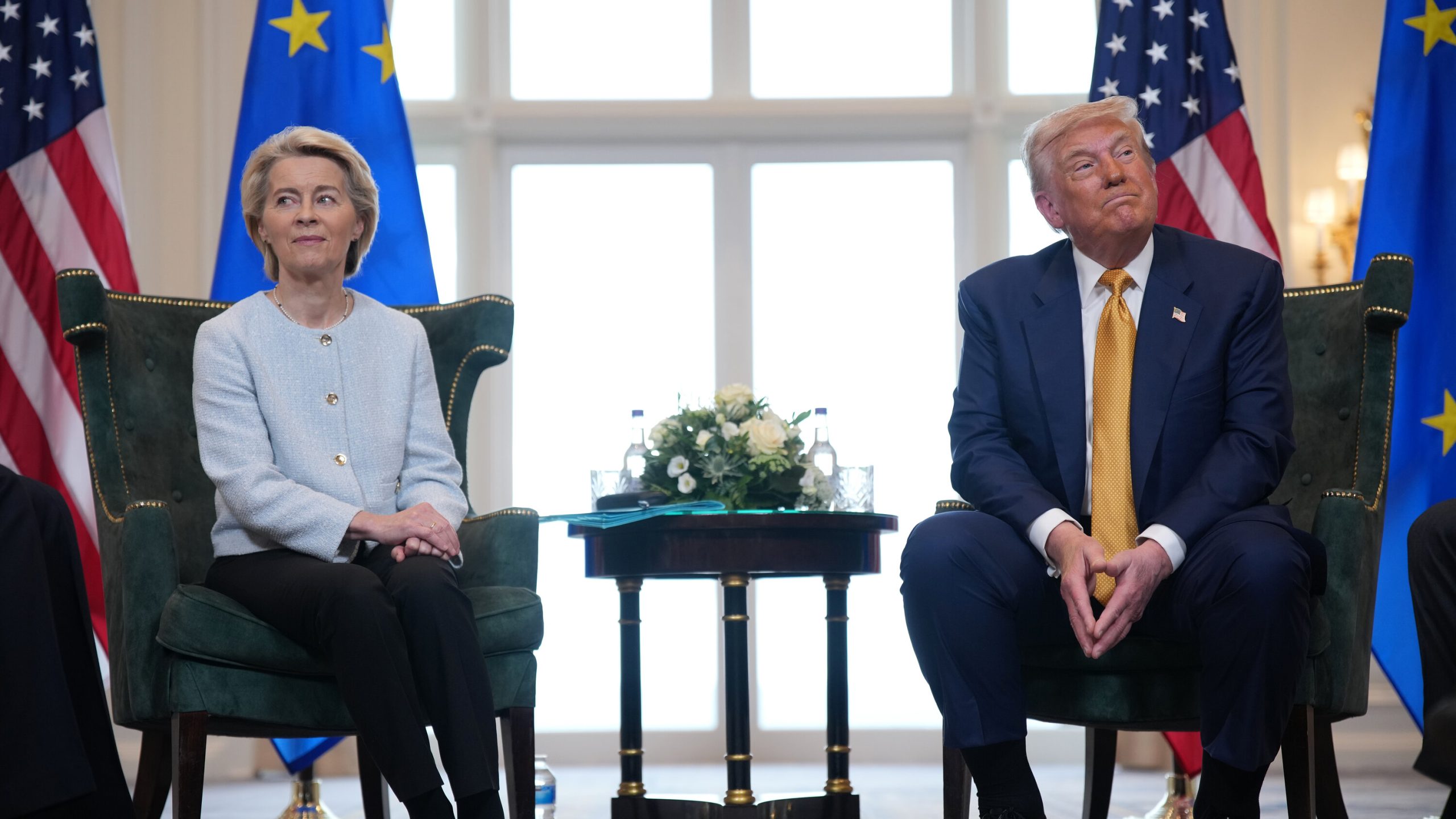The European Union (EU) on Monday defended a newly forged trade agreement with US President Donald Trump, despite significant dissent from various EU member states and businesses that have labelled it a “capitulation.”
Maros Sefcovic, the EU’s chief trade negotiator, asserted that the deal was “100-per cent sure… better than a trade war with the United States.”
The framework accord was finalised by European Commission President Ursula von der Leyen and Trump in Scotland on Sunday, just ahead of an August 1 deadline for potentially crippling US tariffs.
Under the agreement, EU exports will face 15 per cent tariffs, an increase from pre-Trump levels but significantly lower than the 30 per cent originally threatened.
The 27-nation bloc also pledged that its companies would purchase $750 billion in energy from the US and make an additional $600 billion in investments, though the binding nature of these commitments remains unclear.
Sefcovic reiterated that this was “clearly the best deal we could get under very difficult circumstances.” Full details regarding specific sector exemptions from the 15 per cent levy are expected soon, with the EU claiming it avoided steeper tariffs on crucial exports like cars and medicines.
Reaction from European capitals, which had mandated von der Leyen to negotiate, ranged from reserved acceptance to outright hostility.

French Prime Minister Francois Bayrou called it a “dark day” for Europe, akin to “submission.” German Chancellor Friedrich Merz acknowledged the “substantial damage” his country would face from the tariffs but conceded that “we couldn’t expect to achieve any more,” adding that the negative effects would extend to the US.
Spanish Prime Minister Pedro Sanchez expressed support “without any enthusiasm.” Industry groups in Germany voiced disappointment, citing the 15 per cent levy as a “burden” on carmakers and “too high” for chemical industries. Hungary’s Prime Minister Viktor Orban offered blunt criticism, stating, “Trump ate Ursula von der Leyen for breakfast.”
European stock markets dipped later on Monday, reflecting unease over what some viewed as lopsided terms.
Alberto Rizzi of the European Council on Foreign Relations (ECFR) described the outcome as a “capitulation” and an “unbalanced deal” that delivered a “political victory for Trump.”
Brussels defended its approach, with Sefcovic emphasising that a no-deal scenario, involving a 30 per cent tariff and potential further escalation, could have jeopardised up to five million jobs in Europe.
Throughout the months-long negotiations, the EU prioritised stability and maintaining strong relations with Washington, especially given broader security cooperation, including support for Ukraine.
Italian Prime Minister Giorgia Meloni, a Trump ally, commented that the deal prevented “potentially devastating” consequences.
Jacob Funk Kirkegaard of the Peterson Institute for International Economics admitted the deal was “clearly an imbalanced deal” when judged purely on trade but suggested it might be acceptable if “trying to avoid worse national security outcomes.”
While the EU had approved a $109 billion package of counter-tariffs as a last-minute measure, experts like Rizzi suggested that a more robust stance earlier in the talks might have yielded a better outcome.


 Trending
Trending 